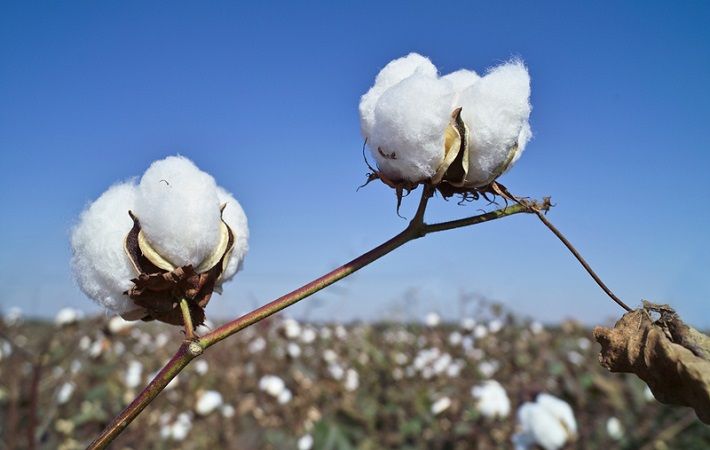
The industry immediately pleaded the government to roll back the decision as it has been importing only 4 per cent to 5 per cent cotton. Occasionally, the industry opted for imports only during off season when there is a shortage, or the domestic cotton price is much higher than the international price. Thus, the industry had a level playing field. Therefore, the removal of 11 per cent import duty on cotton and cotton waste will not affect the Indian cotton farmers.
During the cotton season 2021-22, though the season started with comfortable opening stock of 75 lakh bales and estimated crop of 360 lakhs bales, the cotton prices started skyrocketing from the beginning of the season owing to the unprecedented volatility in the international cotton prices. There was a pent-up demand for the cotton in the post-COVID period. The US sanctions on Xinjian cotton that accounts for 10 per cent of the world cotton production and the commodity markets have fuelled the situation. The Indian Commodity Markets MCX and NCDEX dominated by the large traders are also fuelling the market.
Ravi Sam, chairman, SIMA, stated that the Indian cotton textile industry all along had home grown cotton advantage as the cotton would be cheaper by 5 per cent to 10 per cent during the cotton season (December to March) and remained globally competitive. He said that the seed cotton price started surging from the beginning of the season. The average price of Gujarat Shankar-6 cotton that prevailed at ₹6,788 per quintal on October 1, 2021 has now increased to ₹8,930 while good quality kapas price has increased from ₹7,575 to ₹10,760.
Sam said that the New York Features price has always been higher than the Indian cotton price and for the first time, the Indian cotton price is ruling higher than the international cotton price consequent to the levy of import duty and curtailing the competitiveness of the exporters. The Indian cotton price per kg is higher by ₹10 to ₹15 per kg for the last two months and the situation is likely to aggravate further. He added that the exporters are not able to confirm the export orders that they normally firm up during December-January and the orders are flowing to competing nations.
SIMA chairman also stated that quality cotton is not available in the market and the premium for the same is 5 per cent to 7 per cent higher and the mills are finding it difficult to procure cotton even for the day-to-day use, as the farmers anticipate further hike in cotton prices. He cautioned that the cotton textile value chain might come to a grinding halt in the coming months if the import duty on cotton is not removed immediately. He has added that MCX and NCDEX features also are aggravating the market.
Sam has pleaded the Prime Minister to intervene and remove the 11 per cent import duty on cotton and cotton waste and also remove cotton from MCX and NCDEX features as recently done for certain agricultural products to avoid further speculation.
Fibre2Fashion News Desk (KD)